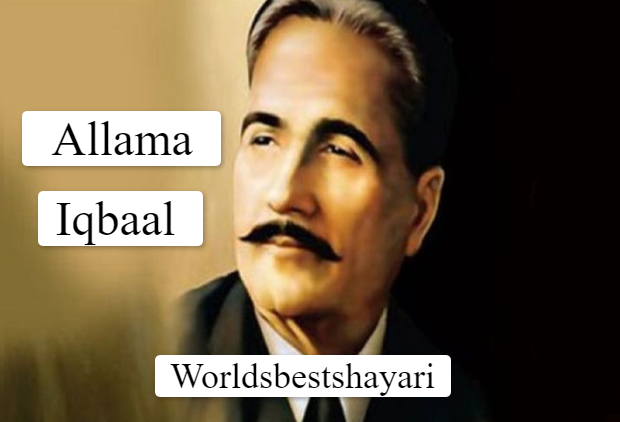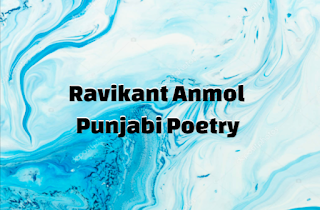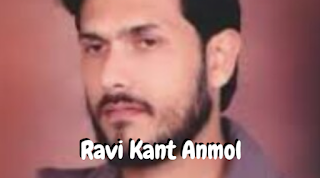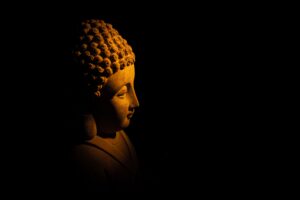IQBAL
SIR MOHAMMED IQBAL (1873-1938)
Allama Iqbal was a highly educated poet — M.A. in Philosophy, Ph.D. from Germany, Bar-at-Law, and a recipient of several honors including an honorary D. Litt. from Allahabad University.
An expert in Urdu, Persian, and Arabic, he had shown evidence of his poetic talent even at school.
Though he sought poetic advice from Mirza Dagh Dehlvi, Iqbal was an instinctive poet, instinctive and inspired, especially interested in patriotic, philosophic, humanistic, and Islamic subjects.
He is an eloquent champion of self-hood, and a singer of the greatness of man.
An inheritor of the tradition of Ghalib in poetry, Iqbal is, however, unlike Ghalib, more impressive as a writer of the nazm rather than of the ghazal. He is perhaps the most quotable poet of Urdu after Ghalib.
His lines like, “Saare Jahan se achcha Hindustan Hamara”, ‘Khudi ko kar buland itna,” “Khak-e-watan ka mujhko har zarra devta hai,” “Na samjhoge tau mit jaaoge Hindustan waalo,” etc.
have become imperishable parts of our cultural heritage. In his later poetry, Iqbal projects himself as a ‘voice of the East,’ and a crusader for Islam.
He was the first to propound the idea of a separate Muslim state in India.
Most of the poems presented in this anth0109′ have been drawn from Baang-e-Dara.
You Can Also Read About :
- Urdu Poets
- Abdul Hameed Adam Sufi Shayari
- Wasif Ali Wasif Shayari,Wasi Shah Shayari & Wali Deccani Shayari
- Yaas Yagana Changezi
- Daagh Dehlvi Shayari
- Ameer Meenai
- Aitibar Sajid Urdu Poetry
- Ahmad Nadeem Qasmi Shayari
- Ahmad Faraz Shayari
- Akbar Allahbadi Poetry







